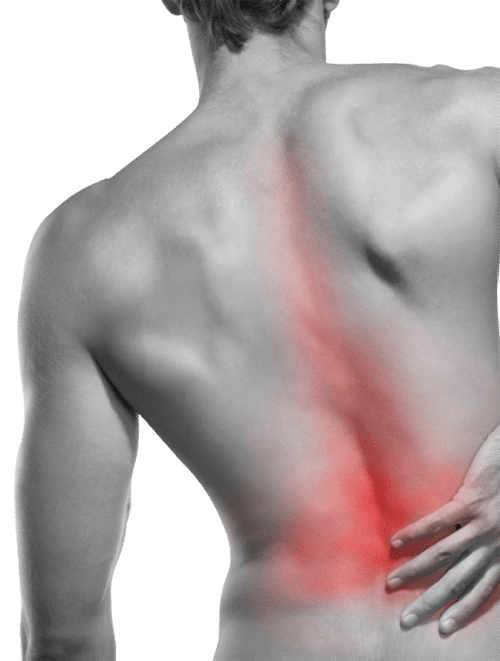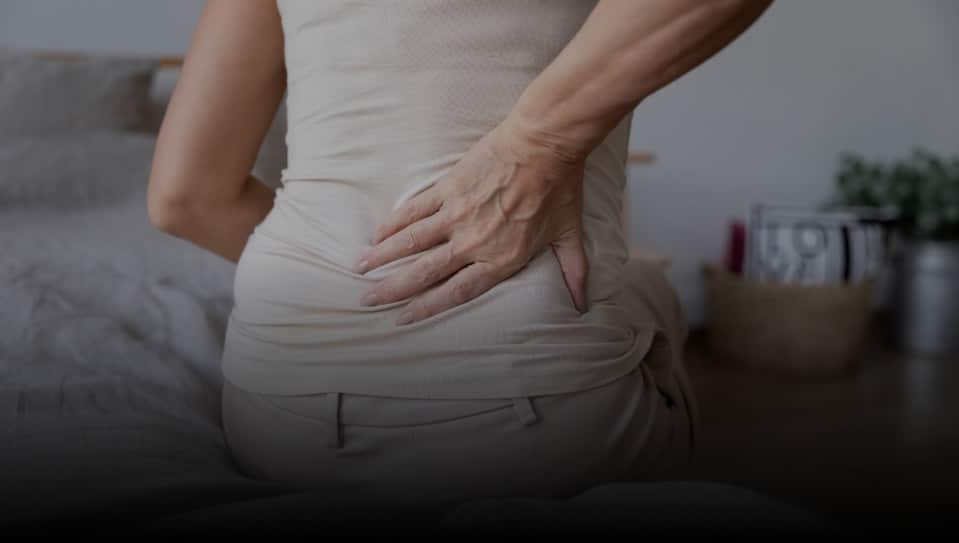If you’re experiencing lower back and hip pain, you’re not alone. Lower back pain is one of the most common reasons people seek medical attention, and hip pain can also be a sign of underlying issues. But, with so many types of medical professionals out there, it can be difficult to know which one to turn to for help. In this article, we’ll explore who you should consult for back and hip pain, and what type of specialist may be able to help you find relief.
Primary Care Physician vs. Emergency Room
When you first start experiencing back or hip pain, you may be tempted to head straight to the emergency room. However, unless you’re experiencing severe pain, loss of bladder or bowel control, or other serious symptoms, this may not be the best option. Emergency rooms are equipped to deal with life-threatening situations, but they may not have the expertise or resources to address your specific type of pain.
Instead, you may want to start with your primary care physician. Your primary care doctor is your first line of defense when it comes to managing your health, and they can perform an initial evaluation to determine the cause of your pain. They may also refer you to a specialist, such as a physical medicine and rehabilitation doctor, physical therapist, or pain management specialist.

Specialists for Lower Back and Hip Pain
If your primary care physician refers you to a specialist for further evaluation, you may be wondering what type of specialist to see. Here are a few options:
Board-Certified Pain and Spine Doctor
A board-certified pain and spine doctor is a specialist who has completed additional training in the diagnosis and treatment of pain conditions, including lower back and hip pain. They may use a variety of techniques to manage pain, including medication, injections, and other minimally invasive procedures. At New Jersey Back Center, we offer only minimally invasive pain treatments and do not prescribe opioids or perform surgeries. We always diagnose the root cause of the problem and are led by board-certified interventional pain specialists.
Physical Therapist
A physical therapist is a healthcare professional who specializes in the musculoskeletal system. They work with patients to improve mobility, strength, and flexibility, and can help with pain management. Physical therapy may be recommended as part of a comprehensive treatment plan for lower back and hip pain.
Chiropractor
A chiropractor is a healthcare professional who focuses on the spine and nervous system. They use manual techniques to adjust the spine and other joints in the body, with the goal of reducing pain and improving function. While some people find relief from chiropractic care, there is limited scientific evidence to support its effectiveness for lower back and hip pain.
Orthopedic Surgeon
An orthopedic surgeon is a medical doctor who specializes in the surgical treatment of musculoskeletal conditions. They may be recommended for severe cases of lower back and hip pain, where other treatments have not been successful. However, surgery should always be considered a last resort.
Diagnosing the Root Cause of Lower Back and Hip Pain
Regardless of which specialist you see, it’s important to diagnose the root cause of your lower back and hip pain. This will help guide your treatment plan and ensure you receive the most effective care possible. Here are some common causes of lower back and hip pain:
- Muscle strain: This is a common cause of lower back pain, especially if you’ve recently lifted something heavy or overexerted yourself.
- Herniated disc: A herniated disc occurs when the soft tissue inside a disc in your spine bulges or ruptures, putting pressure on nearby nerves.
- Sciatica: Sciatica is a type of pain that radiates from the lower back down the back of one leg, often caused by compression of the sciatic nerve.
- Arthritis: Arthritis is a condition in which the joints in the body become inflamed, causing pain and stiffness. It can affect the hips and lower back, particularly as you age.
- Osteoporosis: Osteoporosis is a condition in which the bones become weak and brittle, making them more susceptible to fractures. It can cause pain in the hips and lower back.
- Spinal stenosis: Spinal stenosis is a narrowing of the spinal canal, which can put pressure on the nerves in the lower back and cause pain.
- Sacroiliac joint dysfunction: The sacroiliac joint is where the pelvis and spine meet. Dysfunction in this joint can cause pain in the lower back and hips.
Depending on your symptoms, your doctor may recommend imaging tests, such as X-rays or MRIs, to further evaluate your condition. They may also recommend blood tests or other diagnostic procedures to rule out underlying medical conditions.
Choosing the Right Doctor
Ultimately, the type of doctor you should see for lower back and hip pain depends on your individual needs and the severity of your symptoms. At New Jersey Back Center, we recommend starting with your primary care physician for an initial evaluation. From there, your doctor may refer you to a specialist for further evaluation and treatment.
When choosing a doctor for lower back and hip pain, it’s important to look for a board-certified specialist with experience in diagnosing and treating your specific condition. You may also want to consider the doctor’s approach to pain management. At New Jersey Back Center, we offer only minimally invasive pain treatments and do not prescribe opioids or perform surgeries.
Lower back and hip pain can be a frustrating and debilitating condition, but it’s important to remember that help is available. By working with a board-certified specialist who can diagnose the root cause of your pain and develop a comprehensive treatment plan, you can find relief and get back to enjoying your life. At New Jersey Back Center, we specialize in minimally invasive pain treatments and always diagnose the root cause of the problem. Contact us today to schedule your first appointment and take the first step towards a pain-free life.





